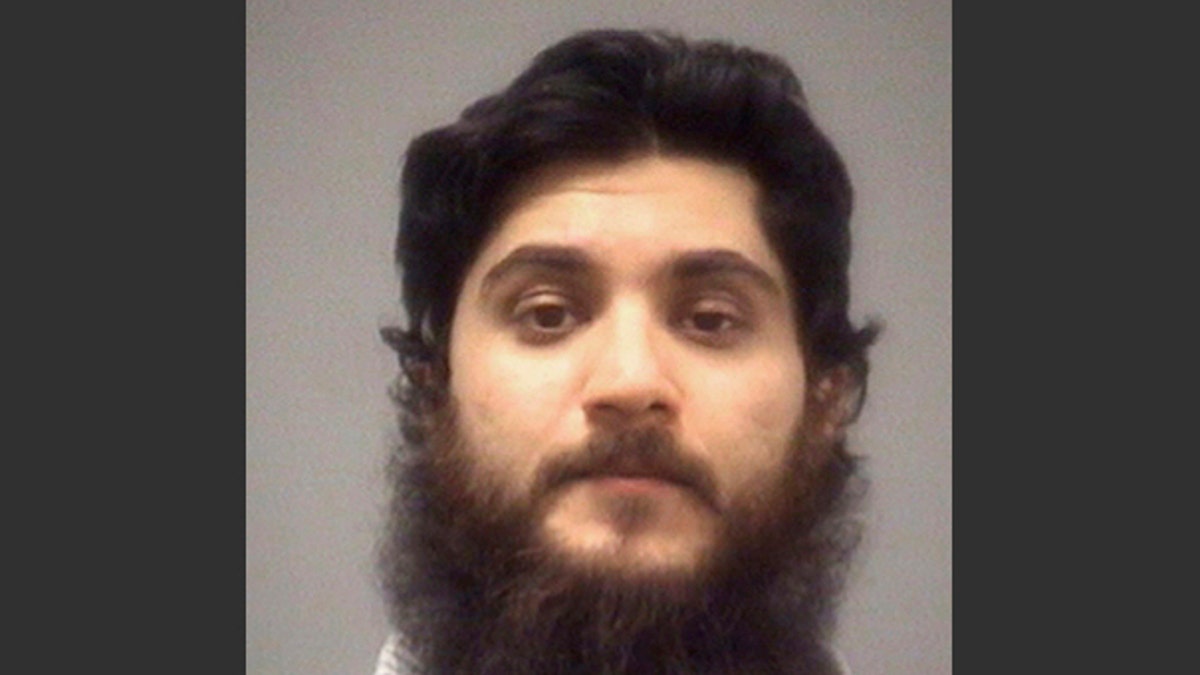
RALEIGH, N.C. – A mentally ill North Carolina man who was forcibly medicated so he could be prosecuted on charges he tried to join a terrorist group fighting in Syria could reach a plea deal or go to trial in about a month, lawyers said Tuesday.
"I feel all right," Cary resident Basit Sheikh said when the federal judge asked how he was feeling.
After a change of medications treating his schizophrenia, Sheikh now has the ability to help in his own legal defense, his attorney said. Attorney Joseph Craven said he and prosecutors are close to reaching a plea agreement "and we're putting the finishing touches on the paperwork."
U.S. District Judge Terrence Boyle set a trial date for after Labor Day if a deal isn't reached. A federal prosecutor told Boyle during a 2015 hearing that prosecuting and convicting Sheikh was important in deterring other would-be American radicals.
A federal appeals court ruled in June 2016 that Sheikh should be forcibly injected with anti-psychotic medication so he could be made competent to defend himself against prosecution.
Sheikh, 34, represents one of the rare cases in which federal courts approved forced medication. There were only about 77 such cases in federal courts nationwide in the nine years after a 2003 U.S. Supreme Court ruling that restricted involuntary medication to certain serious criminal cases, according to a 2013 study by Georgetown University law professor Susan McMahon.
Sheikh, of suburban Cary, was arrested in 2013. He was one of the first U.S. residents arrested as part of the FBI's effort to find people before they could join terrorist groups fighting in Syria and potentially return as battle-hardened radicals.
He's charged with providing material support to a terrorist group. Sheikh could face up to 15 years in prison if convicted, prosecutors said previously.
Sheikh said he hadn't planned on joining the fighting, but instead wanted to help refugees and marry the female nurse in Syria he thought he was in contact with on Facebook. That "nurse" was an FBI agent or informant.
Court documents described him as a Pakistan native with permanent, legal residency in the United States.
___
Follow Emery P. Dalesio on Twitter at http://twitter.com/emerydalesio. His work can be found at https://apnews.com/search/emery%20dalesio.

